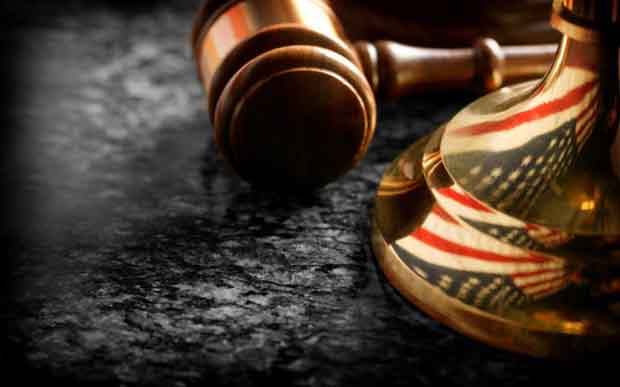Abuse or Racism? Henry Louis Gates, Jr. and His Disorderly Conduct Controversy
Image source: http://bit.ly/1cG5eZ9
The following dialogue between Harvard scholar Henry Louis Gates, Jr. and his arresting officer Sergeant James Crowley should have never taken place in a country that was founded on the principles of individual freedom. And yet, it was enough for Gates to simply yell at Crowley on the steps of his own home – not threaten or even clench his fist in a violent manner – for the police officer to charge the professor with disorderly conduct and put him under arrest:
Gates: You’re not the boss of me!
Crowley: I am the boss of you.
Gates: You are not the boss of me!
Crowley: I’ll show you. You’re under arrest.
According to the Illinois statutes 720 ILCS 5/26-1, “A person commits disorderly conduct when he or she knowingly does any act in such unreasonable manner as to alarm or disturb another and to provoke a breach of the peace.” The following provisions state that, for a person to be arrested for disorderly conduct, he or she should either make a bomb threat, transmit a false alarm of fire, threaten or cause destruction to a school property, transmit false reports to public agencies regarding child abuse, or call 911 for no serious reason.
Gates exhibited none of these behaviors. He returned home after a trip he made overseas and found his front door jammed, so he proceeded to force it open with the help of his driver. One of his neighbors saw two individuals, of whom one was black, forcing the door and called the police to report an attempted burglary. Upon their arrival, police asked Gates to come outside, and his refusal led to his arrest for disorderly conduct.
 Reactions followed shortly. On one hand, civil rights activists saw a clear depiction of racial profiling, while law enforcement conservatives were vocal against the ‘pampering’ of a black highbrow who “played the race card” against a cop who was just doing his job. Even President Obama intervened to say that officers’ behavior was stupid, and that things should never have gotten so far, considering everything an ‘overreaction’.
Reactions followed shortly. On one hand, civil rights activists saw a clear depiction of racial profiling, while law enforcement conservatives were vocal against the ‘pampering’ of a black highbrow who “played the race card” against a cop who was just doing his job. Even President Obama intervened to say that officers’ behavior was stupid, and that things should never have gotten so far, considering everything an ‘overreaction’.
Obama was right: There was no reason whatsoever for Professor Gates to be charged and arrested. The course of action that Jon Shane, who worked as a police officer at the Newark, NJ, station for 17 years, would have taken was to immediately leave Gates’ premises once he was completely sure he was the owner of the house, regardless of the tumultuous behavior he exhibited. Just like any other officer in the force, Shane might have been offended by the professor’s offending remarks, but being disrespectful to a cop is not reason enough to be charged with disorderly conduct. In fact, according to Shane, the First Amendment gives an individual the right to say just about anything to the police and still not face these charges.
The Harvard scholar’s case is an accurate illustration of how police officers can rapidly turn from protectors of the law into power-hungry abusers dressed in state uniform. Being such a broad term that includes anything from trespassing to public peace disturbance, it has become a ‘catch-all’ crime – one of the most abused statutes in America. And although the penalties are minor, the collateral consequences are worth taking into consideration. If you have been charged with disorderly conduct, call 773.908.9811 or fill out a short form to access the aggressive defense you need against such abusive charges.
About the Author
Andrew M. Weisberg is a criminal defense attorney in Chicago, Illinois. A former prosecutor in Cook County, Mr. Weisberg is a member of the Capital Litigation Trial Bar, an elite group of criminal attorneys who are certified by the Illinois Supreme Court to try death penalty cases. He is also a member of the Federal Trial Bar. Mr. Weisberg is a solo practitioner at the Law Offices of Andrew M. Weisberg.







 Blog Home
Blog Home 










